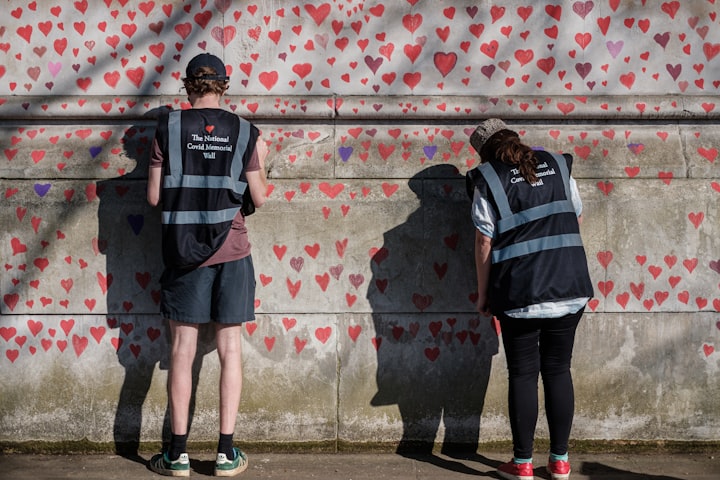The Shocking Messages We Are Sending Our Children
The statistics regarding the way we portray men and women in children's literature are alarming.

It recently came to my attention that the number of children’s books containing female protagonists is alarmingly low. My mother sent me a video with some disturbing statistics about the lack of female role models in children’s literature, urging me to start writing children’s books. We know that stereotypes develop early-on. Socialisation as children is a huge part of determining how men and women will be treated as adults. Therefore, it is shocking to see how men and women are portrayed and how young boys and girls are being socialised into seeing these grossly unfair stereotypes as normal.
Male characters appear in 100 percent of children’s books. And yet in a study of 5,000 children’s books, 25 percent of them had zero female characters. However, these statistics are not new. In 1974, Glenys Lobban carried out a study which found that out of 225 stories, 71 had male heroes and only 35 contained female heroines. Furthermore, the stories contained men in active heroic roles whilst women featured in traditional roles such as caring for children. In 1989, Cairns and Inglis looked at history textbooks and found that only 14.8 percent of the material dealt with women. Another study of children’s books in 1993 found similar results. Evidently, the way we portray men and women has not changed.
The problem with statistics like these is that they have a profound impact on how men and women treat each other, and themselves, later on in life. Primary socialisation plays a vital role in teaching boys and girls about society and literature is a key part of this socialisation. Although we may not remember every book that we read or that was read to us as a child, the message behind the book stays with us—whether we realise it or not. We should be teaching children to have courage, be brave, work hard, and be whoever you want to be. Instead, we are telling them that men have to be strong and brave and fearless, and women are simply there to look after the home and raise a family. We know that this is not the case anymore, so why are we still sending children this message through the books we give them to read?
Where are the books which portray women as active heroes? Where are the books that show women as doctors or wizards or global masterminds? And it's not just girls and women that are affected by these gendered stereotypes. From as young as five-years-old, boys are being taught that they need to be strong and brave and aggressive and fearless. Where are the books that show men as caring, nurturing and loving?
There are hardly any books for children that have women in speaking roles who have dreams and aspirations. In almost every book that has a woman with a lead speaking role, she is waiting for a prince. She does not have her own storyline. It's almost ironic given that those who write for adults try incredibly hard to pass the Bechdel Test. If you haven't heard of the Bechdel Test, look it up. In order to pass the test, a story must contain at least two female characters, talking to each other, about something other than a man. I can think of plenty of plays, tv shows and novels aimed at adults that pass the Bechdel Test, so why aren’t there any children’s books?
In order for us to get closer to gender equality, we must start with the children. They are the future generations, the ones who can make a difference, but unless we improve their primary socialisation it simply won’t happen. And so, I am urging any children’s authors or aspiring writers of children’s literature to write some books that pass the Bechdel Test. Show young boys that it's okay to have emotions, and show young girls that it's okay to have dreams and ambitions!
About the Creator
Hannah Petch
Creative Writing graduate. Poet/Playwright.
You can see more of my work on Instagram (@HannahPetch)






Comments
There are no comments for this story
Be the first to respond and start the conversation.